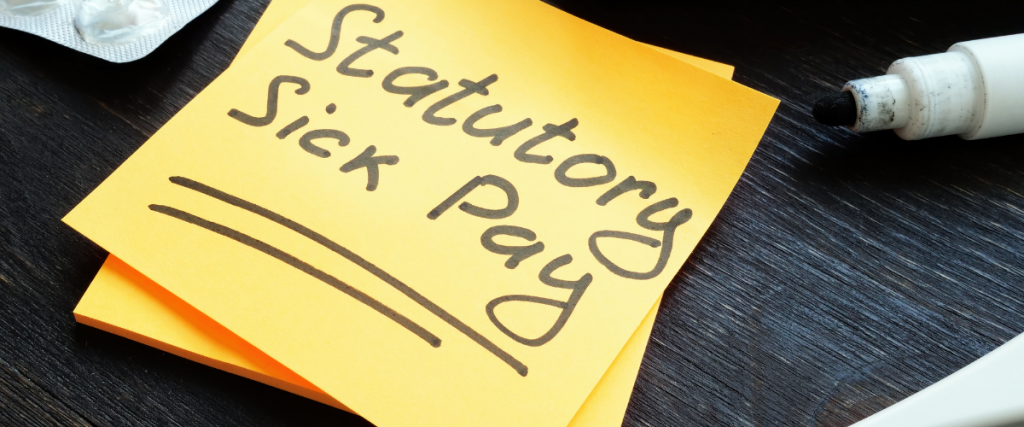
Tánaiste Leo Varadkar has announced the government’s intention to introduce employer paid sick leave. We examine what this means and look at what is in place elsewhere in Europe.
How to make a submission
Please provide your views by answering the consultation questionnaire here.
Please return completed questionnaires by email to statutorysickpayconsultation@enterprise.gov.ie
The closing date for submissions is Friday, 18 December
What has been announced by the government?
There are three elements to employee illness schemes. The first is sick leave, which is the right of an employee to be absent for work due to sickness. The second is sickness benefit which is the right of the employee to claim a payment from the state while on sick leave. The third element is sick pay which is the right of the employee to be paid by the employer while on sick leave. In Ireland employees have the right to sick leave and sickness benefit but not sick pay. The government has announced their intention to bring in some form of sick pay scheme in 2021 and are now embarking on a public consultation regarding the issue.
What is the current regime in Ireland?
In Ireland employees can self-certify as absent from work due to illness for up to 2 days in a row and from there on in must provide regular GP certificates until they return to work. Employees are protected from dismissal while on sick leave for an unspecified but finite amount of time depending on their illness, in what capacity they can return to work at and their role at work.
Employees who are unable to attend work due to illness are entitled to illness benefit from the State of €203 per week (at the full time employee rate). Employees can begin claiming this payment after 6 days absence from work due to illness, though this waiting period will reduce to 3 days from February 2021.
Ireland is the only EU country where there is no employer obligation to pay employees any portion of their wages for any length of time.
Examples of employee sick pay schemes elsewhere in Europe
The UK has a statutory rate of sick pay, whereby the employer must pay the employee £95 a week for up to 28 weeks.
France has a system where the employer tops up a base state benefit but it is by reference to sectoral collective agreements and length of service. French employees will generally remain on 90% of their salary for 30 days and then move to 67% for 6 to 12 months.
Belgium requires employers to pay “white collar” employees sick leave for the first month of sickness at the rate of 100% of the employee’s normal salary. A slightly different system is in place for manual workers. Following the first month the state illness benefit is paid.
Finland has a system whereby the employer pays for the 9 day gap between the employee falling ill and the state sickness benefit being paid.
Conclusion
While no one can predict the regime that will be introduced in Ireland there are already two obvious routes for the government to choose between. The planned reduction of the waiting period for illness benefit to three days suggests that the government might require employers to “fill in the gap” and cover those first three days with sick pay, similar to the systems in Finland and Belgium. On the other hand the success of the EWSS and TWSS during the COVID-19 pandemic does open the door to a combined employer/state payment as in France which could involve the employer having to pay sick pay at a lower rate, but also possibly over a longer period of time.
What is certain is that a change is coming in this area. Employers who have a view on this should make a submission to the Department of Enterprise, Trade and Employment.